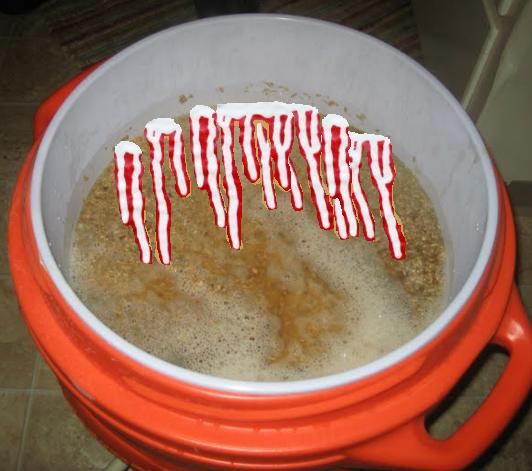Here's my take:
I am a materials engineer who has designed plastics formulations for almost twenty years. I have a BS degree in chemistry and did my MS thesis in the field of polymer science and engineering. I have experience in many different polymer systems (PE, PP, PVC, PUR, PA, EVA, PC, PS, ESBS, PET, EPDM, SBR, CSM, FEP, PTFE, PVDF, ECTFE, just to name a few).
Plastics are generally misunderstood. Plastic compounds are generally composed of the base polymer (i.e. PE, PP, PVC, etc.) and additional additives that further enhance the polymer's physical or chemical properties (i.e. impart flexibility, add flame retardancy, increase impact resistance, etc.). For example, white rigid PVC pipe that we buy in home improvement centers is the same polymer as garden hoses, namely PVC. yet these two items behave very differently in terms of flexibility. This is because an additive called a plasticizer (essentially an organic oil) has been added to the hose to impart flexibility. The plasticizer molecules essentially "fill in" between each of the long chain polymer molecules causing them to slide across each other. Think of a lube on a molecular level. It's important to remember the difference between polymers and compounds. (Note: the lead that is in garden hoses is from a lead salt (lead phthatale or lead sulfate) that is used as a heat stabilizer. It will leach out.)
As far as leaching goes, a food grade polypropylene will not typically contain anything harmful that will leach into the mash at an unacceptable level (true for HDPE as well). The company can not label it as food grade if this was the case (this isn't China where companies can put melamine into dog food without regulation, or lead based paints on toys). The only thing I can think of that might leach into the mash would be a mold release agent that's there to help separate the liner from the mold during it's initial manufacturing process. Probably a food grade mineral oil or paraffinic compound that's easily removed with soap and water. There may also be some type of antioxidant or UV inhibitor to stabilize the polymer from high manufacturing temperatures or sunlight exposure. Again, these would be food grade and not pose a risk at the levels added. Look at some food labels and see how often you find BHT (butylated hydroxytoluene), yet you still eat this. Here's something else to think about: The residual component (terephthalic acid) used to make polyethylene terephthalate (PET) is in every plastic soda bottle because it leaches into the drink, especially the longer a bottle stays on the shelf. This is why a coke tastes different in plastic than glass or a can. Yet PET bottles are food safe.
Warping and cracking of the plastic is most likely due to temperature interactions. This is a physical event, not chemical. It has to do with the crystalinity of the polymer itself. Other things could be that the actual polymer itself could be oxidizing (which is a chemical reaction) over time at high temperatures if NO antioxidant is present. Also consider the melting points of LDPE, HDPE and PP (~100C, 130C and 160C respectively). LDPE softens at about 80C or so and HDPE softens at about 120C or so - meaning that at mashing temperatures, you're probably good with HDPE or PP. One has to remember that if you pour boiling water into a LDPE lined cooler, you could do some damage, but are fine in a HDPE or PP lined cooler.
My 2 cents...

























































![Craft A Brew - Safale S-04 Dry Yeast - Fermentis - English Ale Dry Yeast - For English and American Ales and Hard Apple Ciders - Ingredients for Home Brewing - Beer Making Supplies - [1 Pack]](https://m.media-amazon.com/images/I/41fVGNh6JfL._SL500_.jpg)


